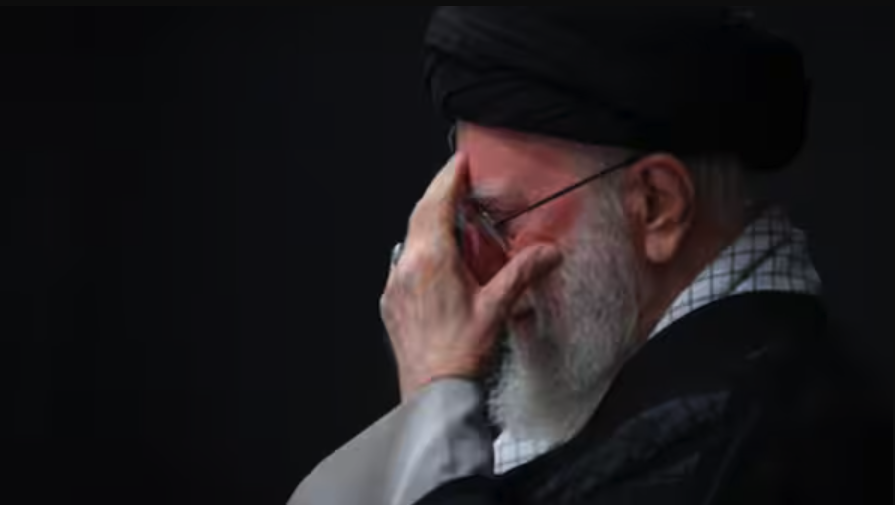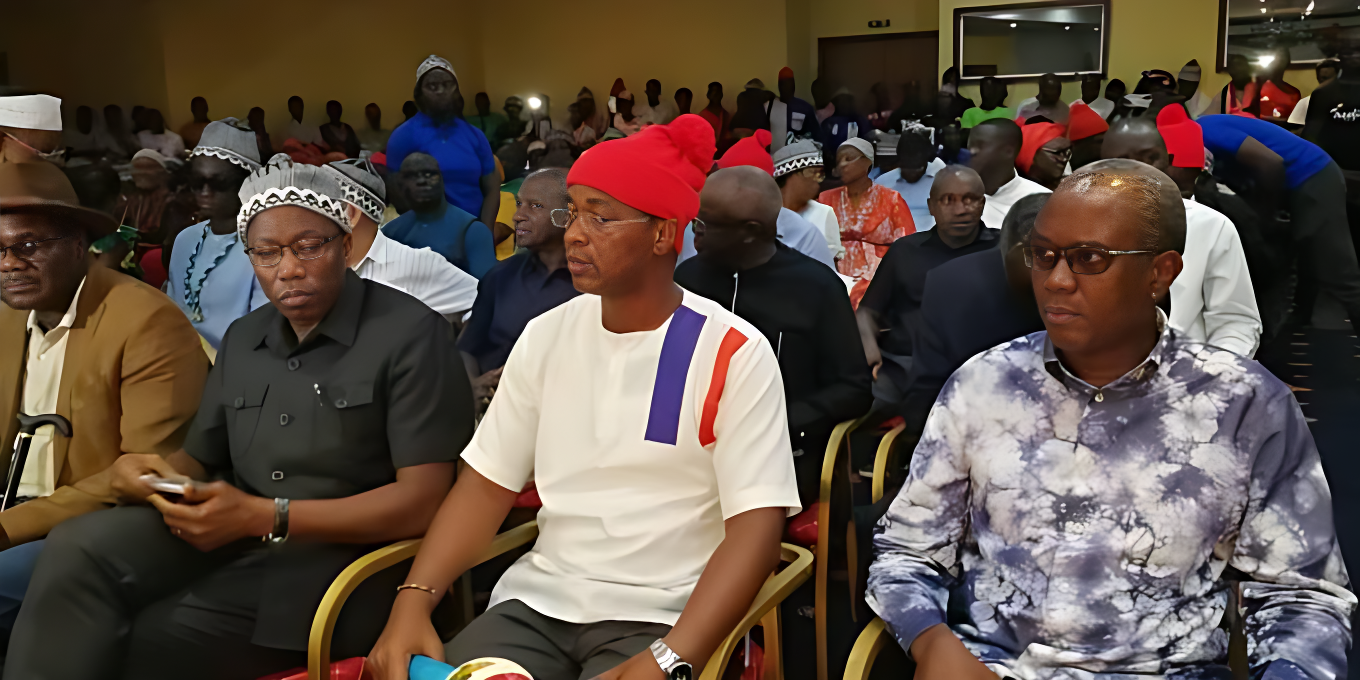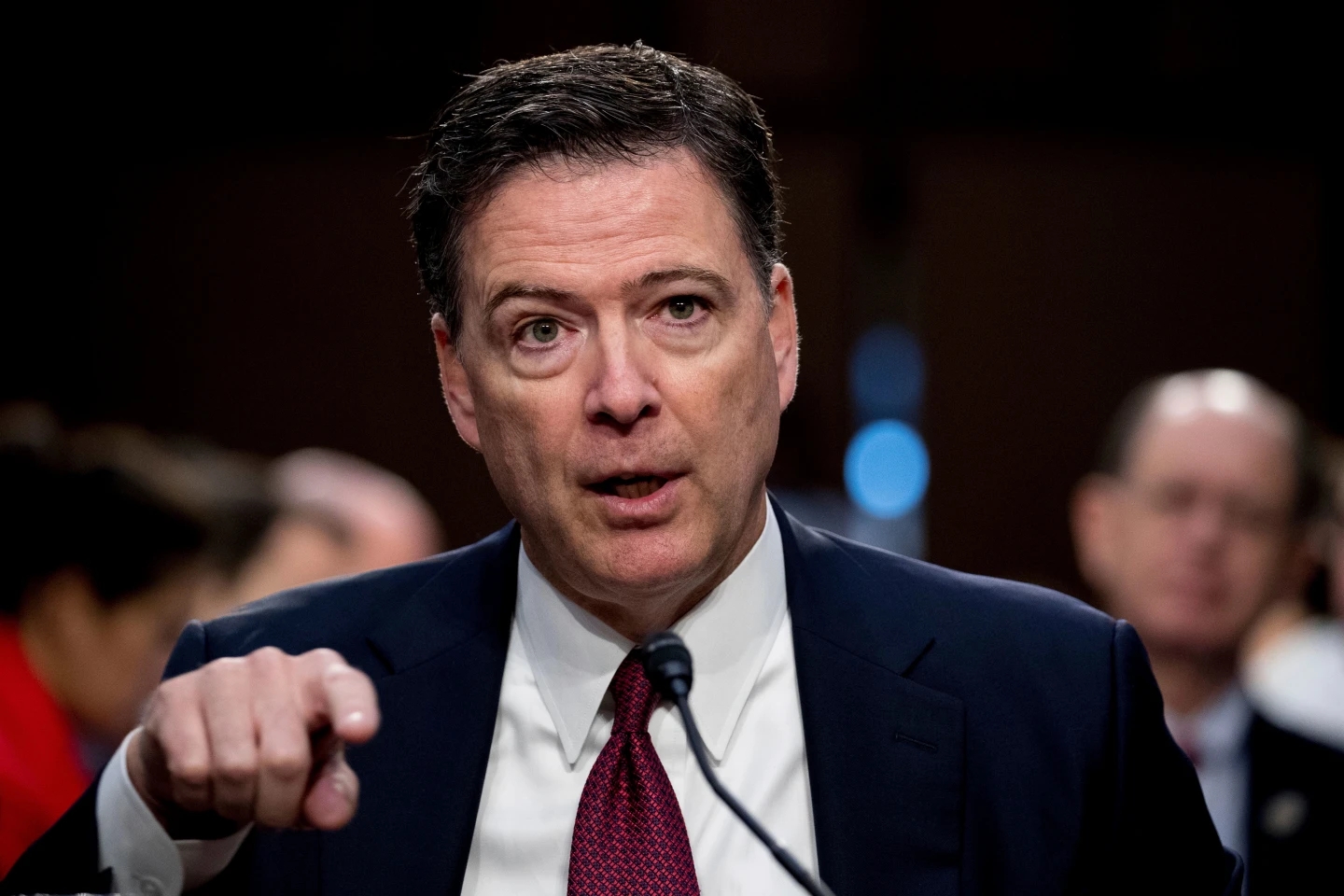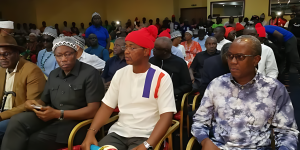Gambiaj.com – (WASHINGTON, D.C) – A federal magistrate judge has sharply criticized the U.S. Justice Department’s handling of the investigation that led to the indictment of former FBI Director James Comey, ruling on Monday that prosecutors must hand over all grand jury materials to Comey’s defense team.
Magistrate Judge William Fitzpatrick said the record revealed a “disturbing pattern of profound investigative missteps,” including fundamental misstatements of the law presented to the grand jury, the use of potentially privileged communications, and unexplained irregularities in the official transcript of the proceedings.
“The Court recognizes that the relief sought by the defense is rarely granted,” Fitzpatrick wrote in his 24-page opinion. “However, the record points to a disturbing pattern of profound investigative missteps, missteps that led an FBI agent and a prosecutor to potentially undermine the integrity of the grand jury proceeding.”
The ruling marks the most stinging judicial rebuke to date of the Justice Department’s efforts surrounding the Comey indictment, which, along with a separate case targeting New York Attorney General Letitia James, has fueled accusations that the Departmentt is being weaponized to target President Donald Trump’s political adversaries.
Concerns Over Prosecutorial Conduct
Comey was indicted in September on two counts of lying to Congress regarding whether he authorized leaks to the media. His lawyers have sought access to all grand jury materials, arguing that irregularities in the process may have tainted the prosecution.
According to the defense, the case was presented to the grand jury solely by Lindsey Halligan, a former White House aide with no prosecutorial experience who was appointed interim U.S. attorney for the Eastern District of Virginia just days before the indictment.
Fitzpatrick said his independent review of the grand jury record left him “deeply concerned” about the integrity of the proceedings.
“Here, the procedural and substantive irregularities that occurred before the grand jury, and the manner in which evidence presented to the grand jury was collected and used, may rise to the level of government misconduct resulting in prejudice to Mr. Comey,” he wrote.
Among the issues highlighted were two “fundamental misstatements of the law” made by the prosecutor to grand jurors; the details are redacted, but Fitzpatrick said the prosecutor appeared to ignore that grand jurors cannot draw negative inferences from a witness’s decision not to testify.
Another issue is the possible use of privileged communications in the investigation as well as an incomplete transcript of the grand jury proceedings, raising concerns about missing or altered portions.
Halligan did not respond to a request for comment, and a spokesman for her office also declined to comment.
Disputed Basis of the Indictment
The charges against Comey stem from a September 2020 Senate Judiciary Committee hearing in which he was questioned by Sen. Ted Cruz about whether he had authorized leaks to the press. Comey denied doing so, stating he had not permitted FBI officials to anonymously share information.
While the questioning appeared to center on whether Comey authorized his then-deputy Andrew McCabe to speak to reporters, prosecutors now argue the alleged falsehood relates instead to Comey’s interactions with Columbia law professor Dan Richman, a longtime friend whom they say served as an anonymous media source.
Comey’s lawyers have argued that the questioning was vague and that his answers were truthful.
Both Comey and New York Attorney General Letitia James—who faces separate federal charges—have filed motions seeking to dismiss their cases on grounds that the prosecutions are vindictive and that Halligan’s appointment as interim U.S. attorney was unlawful.
Fitzpatrick’s ruling gives the defense broad access to grand jury materials—an extraordinary step that underscores the judge’s serious reservations about how the case was handled.
The Justice Department has not indicated whether it will challenge the order.










